“Dogs do speak, but only to those who know how to listen.” That quote from Orhan Pamuk takes on new meaning when your dog barks—and seconds later, the ground starts to shake.
Around the world, people have reported these unexpected moments for years: a dog barking or acting strangely right before an earthquake begins.
While science is still exploring how and why this happens, many believe that some dogs detect shifts we can’t, like vibrations, underground sounds, or even changes in air pressure.
Not every dog reacts this way, but some breeds are more sensitive than others. Their alertness isn’t just a sign of strong senses—it could be a natural early warning system.
Below, we explore the dog breeds known to bark before earthquakes and why they might be nature’s quietest seismologists.
Dog Breeds That Bark Before Earthquakes Start
1. Pomeranian
Pomeranians are known for their sharp hearing and quick reactions, often barking at the slightest unfamiliar sound. Their awareness of changes around them can show up in sudden vocal responses. This makes them especially noticeable in homes during tense moments before natural events.
Sensitive to Vibration and Movement
Their small size and light frame make them quick to pick up floor or air vibrations. Pomeranians often bark, spin, or shift their posture when something feels different. This sensitivity can cause early reactions before people feel anything unusual.
Common Signs Before Earthquakes
Owners have reported pacing, restlessness, and random barking as part of their unusual behavior during earthquake build-ups. These signs are often dismissed until the quake happens. It highlights how closely animal behavior can hint at what’s coming.
Always Ready to Sound the Alarm
Pomeranians naturally act like little watchdogs and are hardwired to respond quickly. Whether it’s a distant noise or a subtle shift in the environment, they tend to alert their humans first. This makes them likely to bark before earthquakes start.
2. Yorkshire Terrier
Yorkshire Terriers are known for reacting to the smallest floor vibrations or noises with alert barking. Their sharp hearing and attention to changes often make them vocal during subtle movements. This makes them more likely to sense earthquakes before people do.
Noticeable Changes in Energy
Before natural disasters, they may suddenly become more restless, alert, or avoid areas they normally enjoy. These behavioral shifts are easy to notice when the environment starts to change. It reflects their natural sensitivity to surroundings.
Aware of Cues from Other Animals
Yorkies often respond to the tension or stress shown by other animals around them. If a cat or another dog becomes uneasy, they may bark or become more watchful. This connection helps them stay alert before unfamiliar events.
Protective and Quick to React
Despite their size, they stay watchful and tend to raise the alarm quickly, as stated in WebMD. Whether it’s a sound, movement, or a sudden shift in the room, they rarely stay quiet. This sharp response makes them alert during early signs of natural disasters.
3. German Shepherd
German Shepherds are highly observant and often react before their owners notice anything. Their alert nature makes them quick to pick up on small environmental changes. These reactions may include sudden barking, whining, or standing guard without an obvious trigger.
Reactions to Movement and Pressure
With their strong sensitivity to movement and air shifts, they tend to notice changes in the atmosphere. Some owners report their German Shepherds barking or pacing before ground tremors begin. Their focused energy often turns into vocal alerts before any clear signs appear.
Animal Behavior That Signals Trouble
As with many dogs, German Shepherds have been observed displaying unusual patterns just before natural disasters. These can include clinginess, anxious barking, or trying to move toward exits. It aligns with the idea that animals can sense subtle shifts people usually miss.
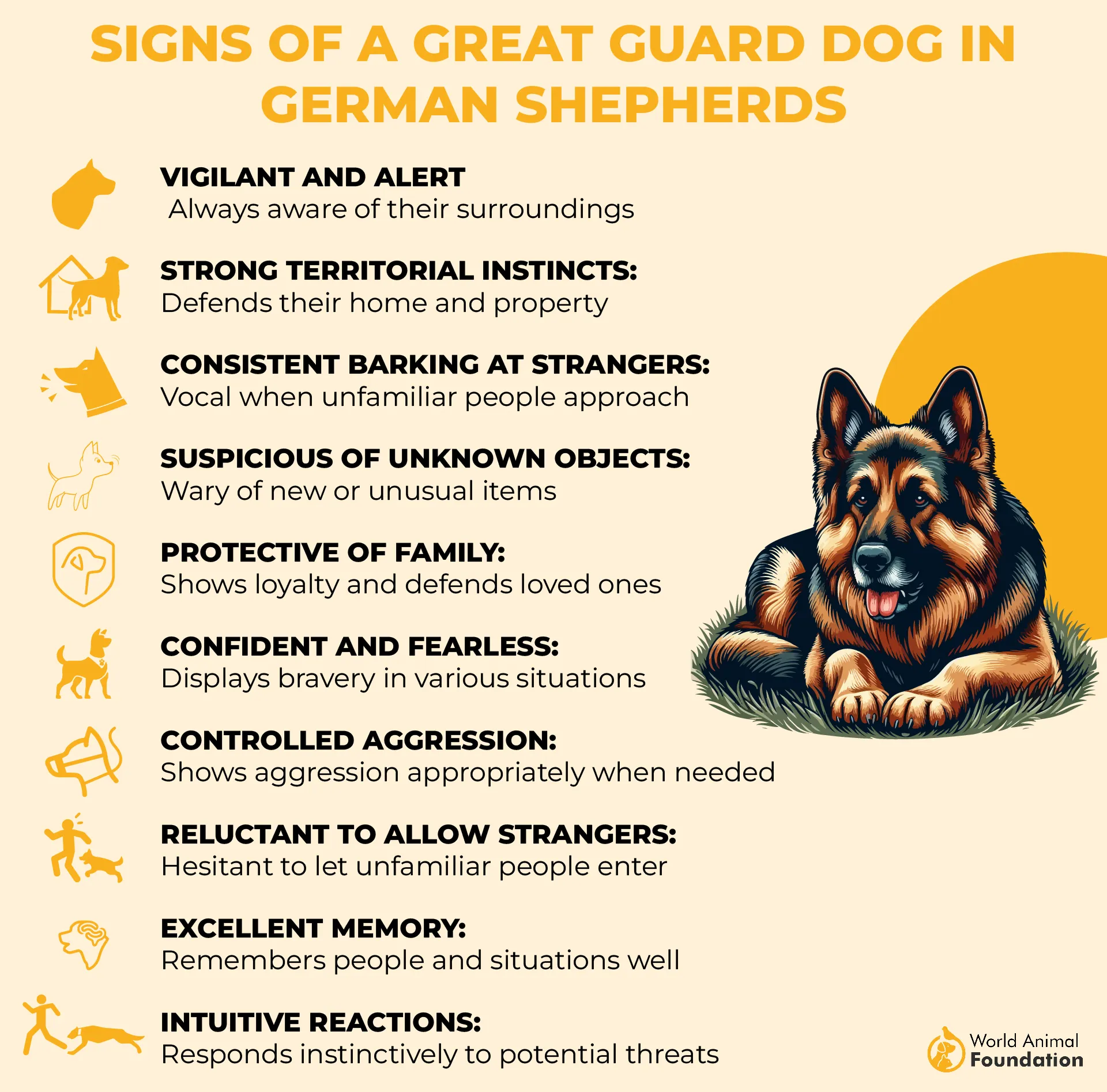
A Reliable Breed for Early Alerts
Due to their working background and strong awareness, German Shepherds are known to react before oncoming earthquakes. Their habit of staying alert, even at rest, allows them to pick up early signs. These reactions can serve as helpful cues in earthquake-prone areas.
4. Beagle

Beagles are highly vocal and often bark in response to even the smallest change in their surroundings, as per Greencross Vets. Their strong senses and active temperament make them quick to react. These qualities stand out in homes where early warning behaviors are easy to notice.
Reactions Before Earthquakes
Some Beagles have been known to act differently right before a seismic event. Restlessness, whining, or sudden barking are among the behaviors seen in such moments. Their body language often changes without any visible trigger.
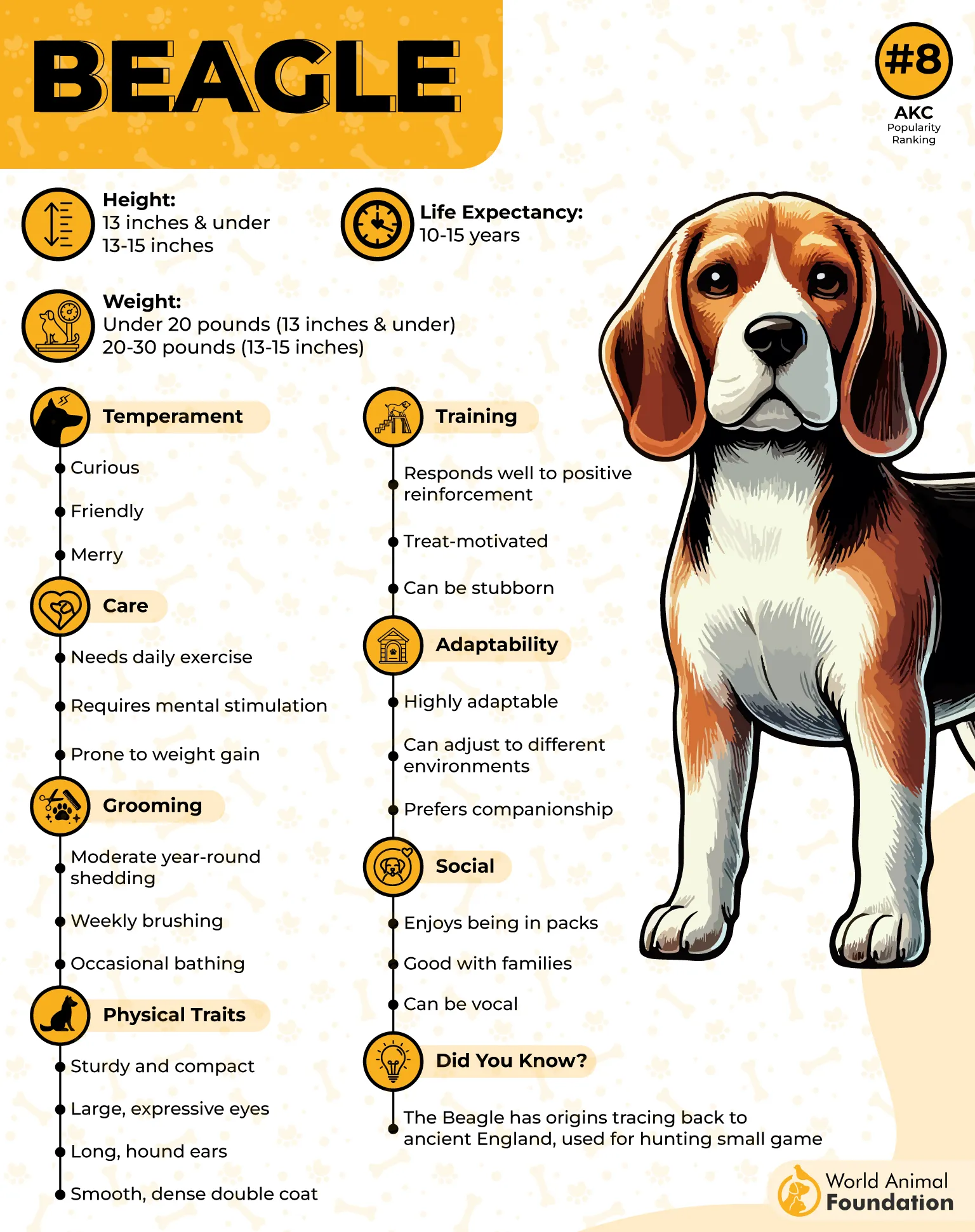
Strong Scent and Hearing Response
Beagles have one of the most powerful noses in the dog world, along with sharp hearing. This combination may help them pick up environmental shifts before humans do. They often bark or pace when something feels off in the air or ground.
More Reactive Than Other Dogs
Compared to some other dogs, Beagles are quicker to show alert behavior through noise and movement. They are also known to show sensitivity during storms or other natural disasters. Their strong instincts can make their early reactions noticeable indoors.
5. Golden Retriever

Golden Retrievers are known for their deep connection with their surroundings and the people around them. They tend to respond to energy shifts or tension in the home without being prompted. This natural attunement often leads to early vocal reactions before obvious physical signs.
Consistent Barking at Subtle Changes
This breed is highly responsive to environmental changes, and their calm demeanor can quickly shift to alert barking. Golden Retrievers may bark, whine, or pace when they detect minor vibrations or unfamiliar movement. Their behavior is especially noticeable when they sense something unusual.

Owners Report Alerts Days Prior
Some owners have noticed their Golden act differently days before an earthquake, especially through increased clinginess or restlessness. They may shadow their humans more closely or remain near exits. These behaviors are often subtle but repeated across many pet households.
Emotion-Driven Reactions in the Home
Golden Retrievers form strong emotional bonds and are sensitive to shifts in mood or space. This emotional intelligence often plays a role when they respond vocally to pre-seismic tension. Their strong connection as a pet companion makes their alerts hard to ignore.
6. Siberian Husky

Bred for endurance in harsh Arctic conditions, Siberian Huskies developed sharp instincts that help them detect shifts in their environment. Sudden tension or movement in the air or ground can trigger a rapid change in their behavior. These reactions often appear before any quake begins.
Responsive to Shifts in Air Pressure
Huskies are known for becoming visibly unsettled when pressure or weather suddenly changes. Restlessness, pacing, and sudden alertness can take over even in calm surroundings. These subtle cues have been noted just before seismic tremors occur.
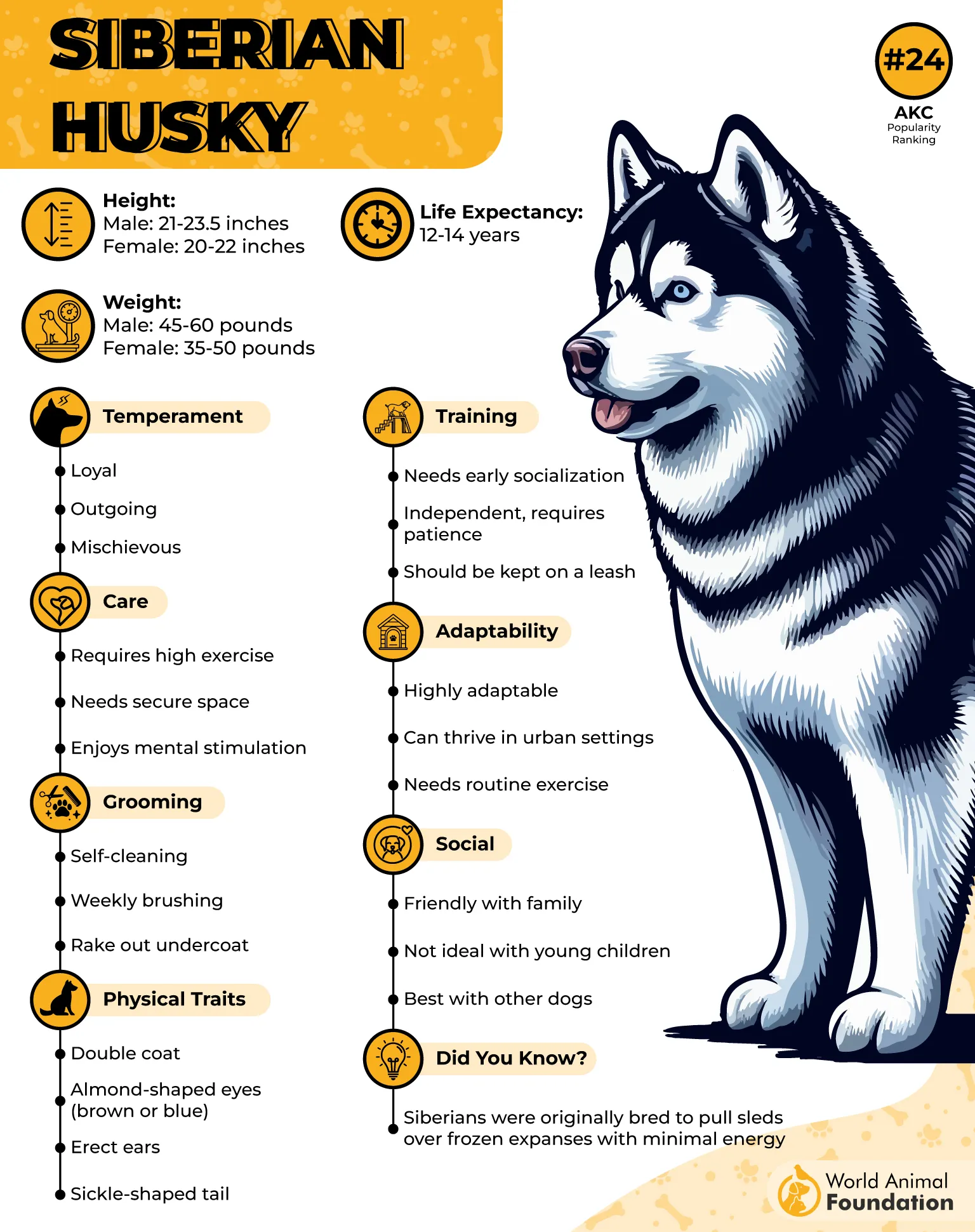
Body Language That Signals Early Signs
Without making a sound, Huskies may show early signs through physical cues like staring at corners, digging, or shifting posture. Their body reacts quickly to anything that feels off. It’s this quiet but obvious unease that often catches their owners’ attention.
Behavior Patterns Tied to Environmental Awareness
When surrounded by silence or stillness, Huskies may suddenly show unusual behavior like circling or staring at the ground. These moments can happen in the minutes before a quake. It reflects how closely their instincts are tuned to environmental changes.
7. Rottweiler

Rottweilers are known for their strong territorial awareness and sharp focus on their surroundings. They tend to react to low-frequency sounds or tremors that go unnoticed by humans. This often leads to early signs of alertness or barking before seismic activity occurs.
Protective Instinct Triggers Response
When they detect something unfamiliar, Rottweilers rely on their instincts to guard their space and alert their family. Any sudden atmospheric or ground-level change can trigger vocal reactions. This reaction may happen well before any visible event or noise.

Behavioral Signs Before Quakes
Owners report increased pacing, focused staring at walls or floors, and low growls during earthquake build-up phases. These patterns are not random and often reflect discomfort with environmental pressure shifts. Their body language speaks volumes before the quake hits.
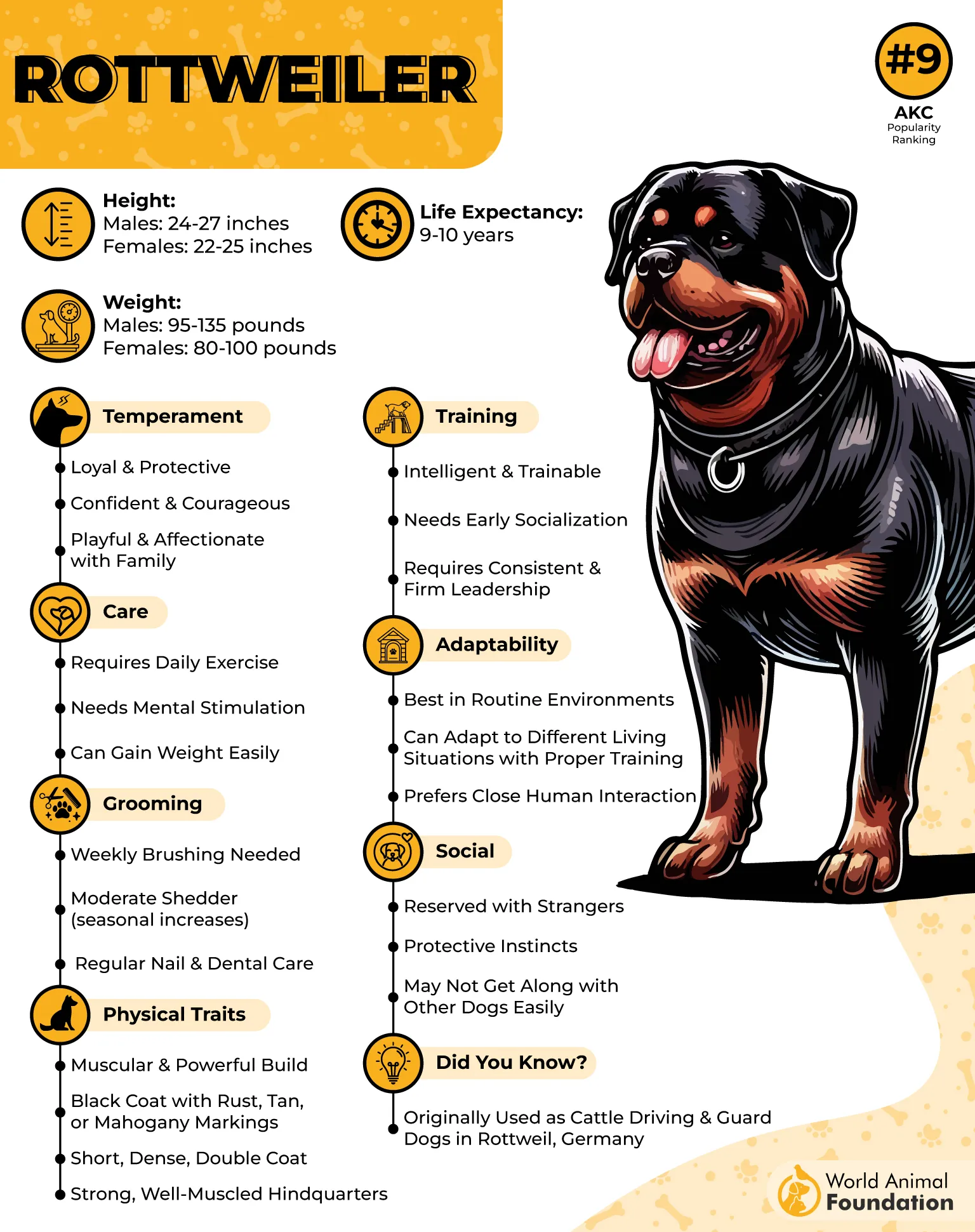
Known for Early Vocal Warnings
This breed is naturally vocal when sensing stress or energy changes around them. A sudden alert bark without any visible cause can be their way of reacting early. Their deep, booming bark often signals something more serious than normal distraction.
8. Basset Hound

Basset Hounds may move slowly, but their reactions to strange sounds or environmental changes are often instant. Their deep bark can come out of nowhere when they sense something is off. That sharp shift from calm to vocal often surprises owners before anything even happens.
Built Close to the Ground
With their low frame and heavy body, they are in constant contact with ground-level changes, as per the AKC. Even slight tremors or vibrations can cause them to shift, raise their head, or let out a sudden alert. Their body acts like a sensor tuned into their surroundings.
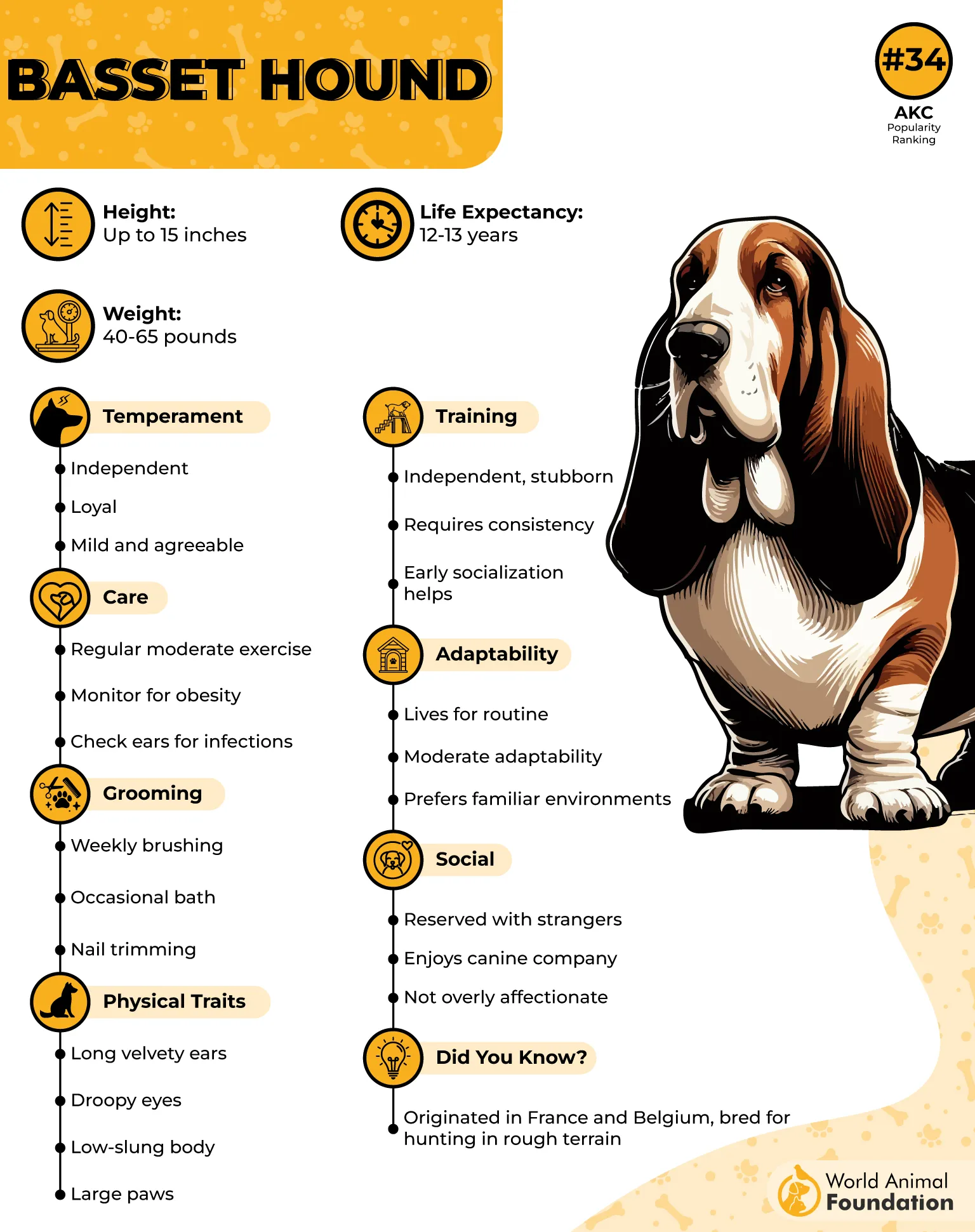
Behavior That Changes Without Warning
Some owners report their Basset suddenly pacing, sniffing intensely, or whining for no reason. These subtle changes in routine can sometimes come hours before a quake. Their unusual behavior may look small, but it can carry important signals.
Naturally Watchful and Vocal
Their strong sense of smell and hearing make them unusually observant indoors. They often react before other pets do, especially to sounds people don’t notice. When something feels off, they don’t hesitate to bark with full force.
9. Alaskan Malamute

Bred to work in harsh Arctic regions, Alaskan Malamutes have a strong bond with nature and surrounding energy. They’re known to react to changes in the atmosphere or pressure. This alertness can be reflected in unexpected howling or restlessness before an event.
Keen Sensory Awareness
Their sharp hearing and physical sensitivity to ground vibration make them more responsive than people might expect. Some owners have observed barking or pacing in their dogs right before an earthquake. Their natural alertness supports their protective role at home.
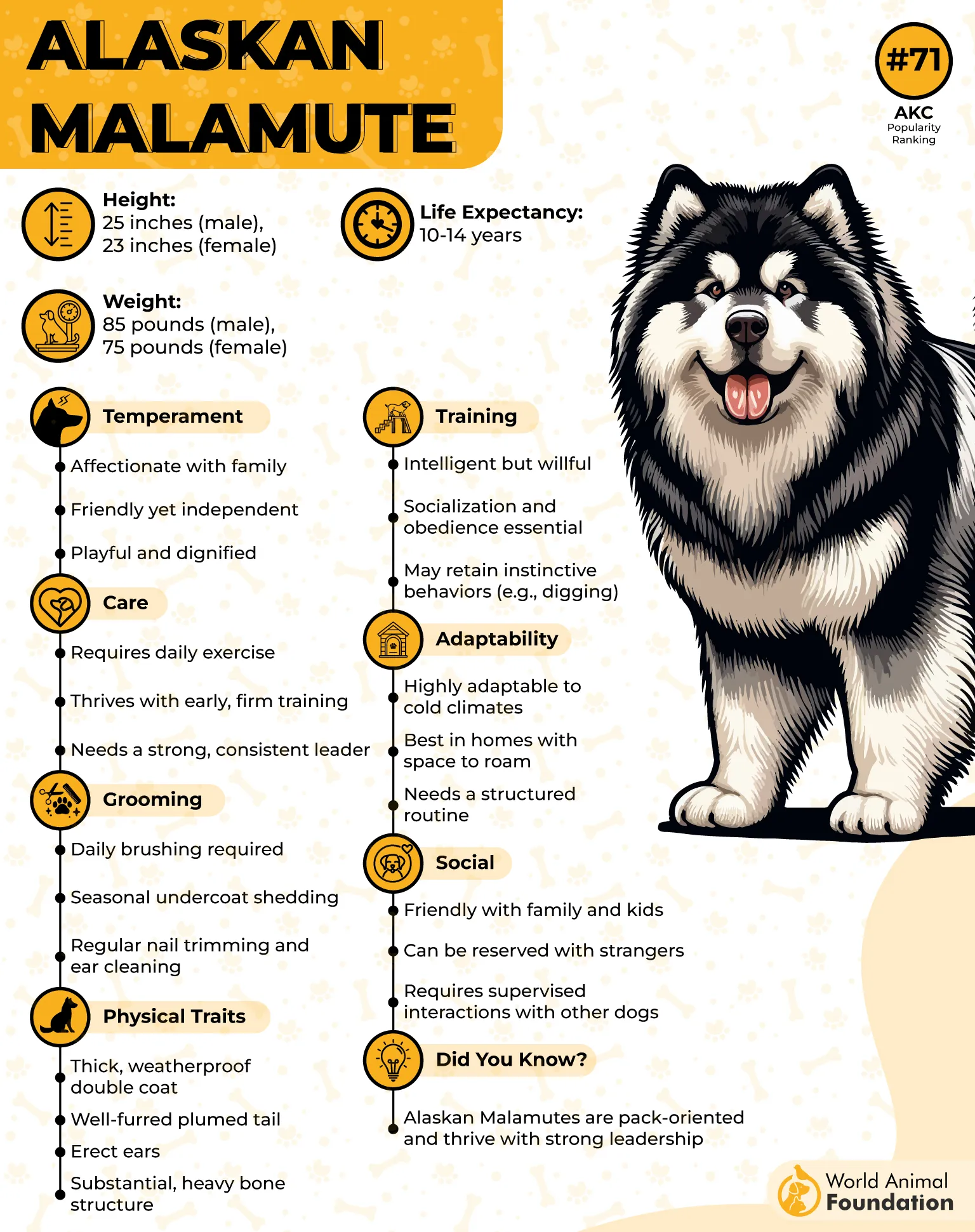
Protective by Temperament
Malamutes are deeply loyal and often act before danger becomes obvious to humans. They may bark, block entryways, or hover around family members when sensing something wrong. These behaviors have been reported in real situations involving early earthquake signs.
Expressive and Vocal Nature
They are highly vocal and don’t hesitate to express when something feels off. Suddenly, howling or loud barking out of routine is commonly shared by owners in quake-prone regions. Their clear reactions can serve as a surprising early signal indoors.
10. Dachshund

Dachshunds were bred for hunting, which explains their sharp senses and bold reactions to changes in their surroundings. Sudden barking or alert postures can often appear during subtle shifts in the environment. These signs become more frequent during high-pressure weather or pre-seismic activity.
Naturally Alert and Vocal
This breed is highly reactive to sound and movement, often barking before anyone else senses what’s happening. Their long body stays low to the ground, helping them feel surface-level tremors early. Owners commonly mention their strong vocal response to unusual moments.
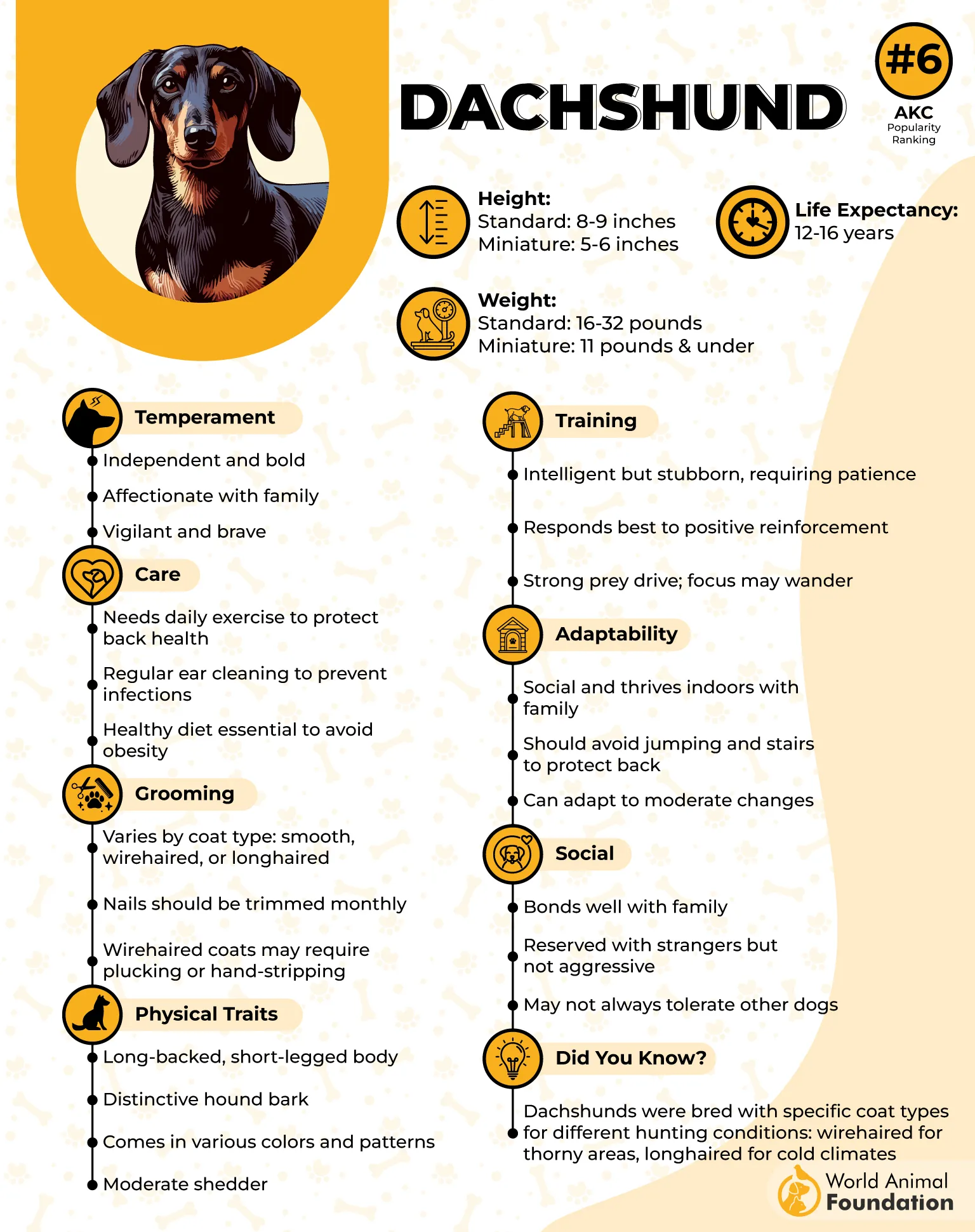
Nervous Energy and Movement
When unsettled, Dachshunds tend to dig at blankets, pace in circles, or bark at unseen causes. These patterns of unusual behavior have been reported before various environmental shifts. Their instinct to react quickly adds to their reputation for early alerts.
Protective Nature Shows Early Warnings
Dachshunds are known to be defensive of their space and family, reacting quickly to anything that feels off. During tension in the air or ground, their reactions often become more intense. This combination of instinct and sensitivity can serve as a silent warning system.
Conclusion
It’s hard to forget the moment someone says, “I think the dog knew.” Whether it’s pacing, barking, or clinging to your side, many owners believe their dogs detect earthquakes before we ever feel them.
While there’s still no full scientific consensus on how or why, enough stories suggest that certain dogs pick up on subtle earthquake precursors. It might be a sound underground or a pressure shift we can’t sense.
While not every dog reacts, those who do often leave people wondering how they knew. Some breeds are more tuned in than others—but when earthquakes occur, it’s hard to ignore a dog who acts before the shake. Maybe the dog knew.


